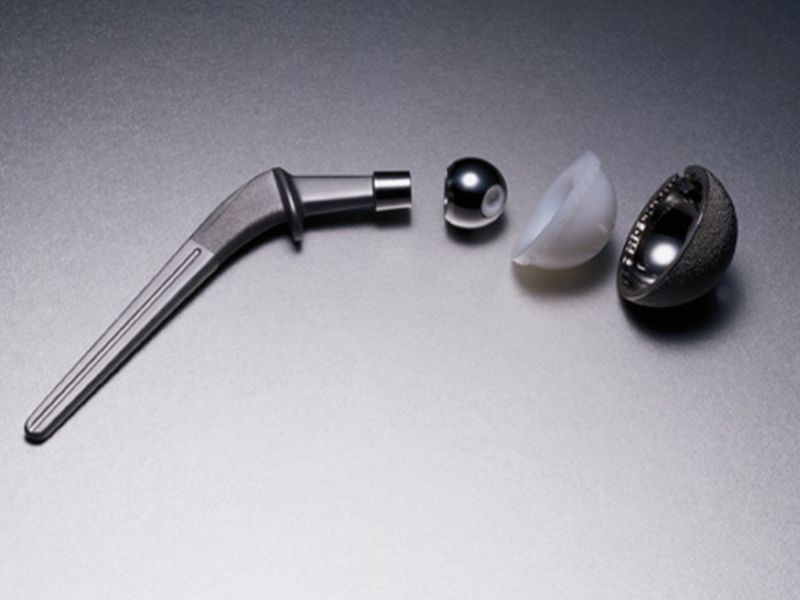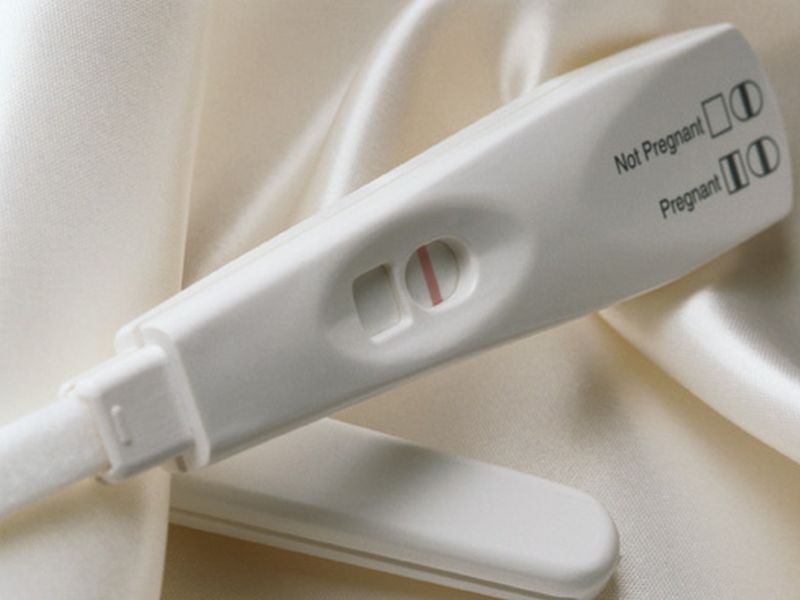
Bacteria and fungi grow on medical implants, such as hip and knee replacements, pacemakers and screws used to fix broken bones, researchers report. In a new study, Danish investigators examined 106 implants of different types and the surrounding tissue in patients. The findings showed that 70 percent of the implants had been colonized by bacteria,… read on >
















